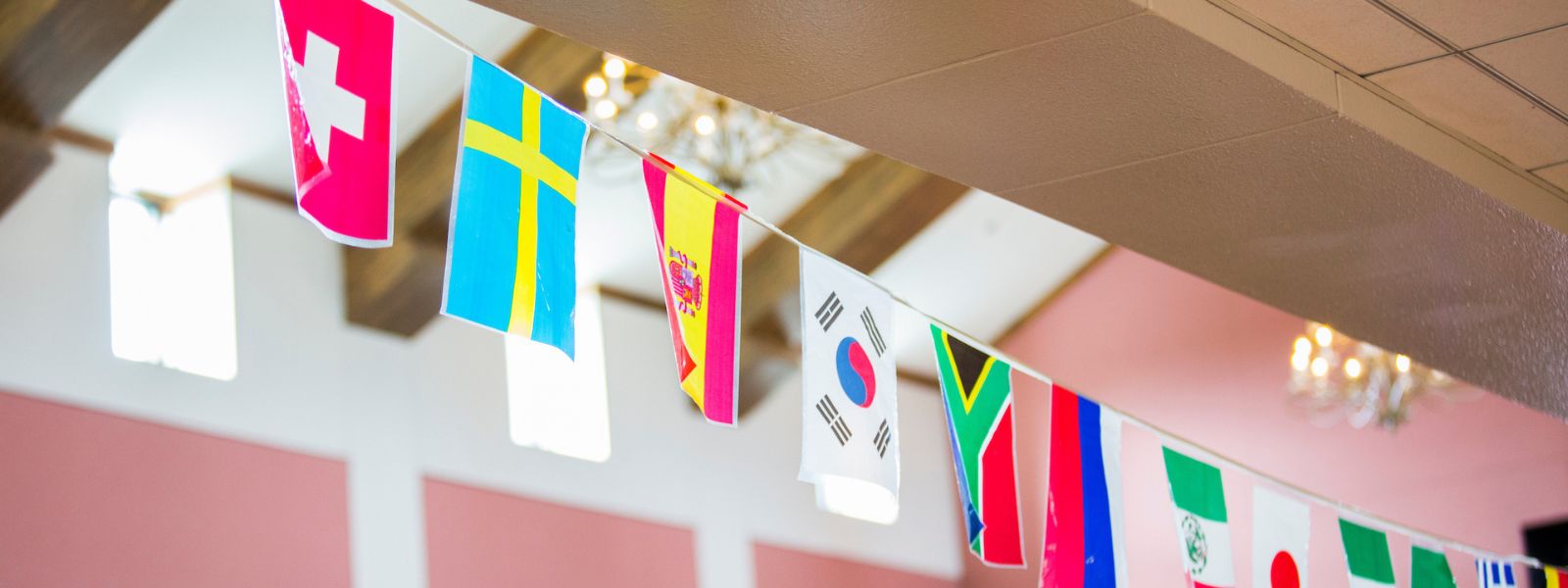
Writing and Language Studies Faculty Publications
Document Type
Article
Publication Date
2017
Abstract
Over the past 35 years, language immersion programs have been steadily increasing in number throughout the U.S. The popularity of these diverse, linguistically complex educational programs has led to a rather extensive body of research on language immersion and dual language contexts. Research, however, has thus far focused primarily on the quantification of language use (the amount of target language versus first language use) in different settings and with different interlocutors. Very few studies have probed the interesting and significant sociolinguistic question of what students ‘do’ with languages in the classroom. The present study fills this research gap by investigating the communicative functions of student language use in full and partial Spanish immersion classrooms among kindergarten, first and second graders. Twelve hours of recorded spontaneous classroom speech were analyzed for communicative functions. The results show that contrary to the existing research, students in this classroom use Spanish for a wide variety of communicative functions. These findings suggest that previous depictions of the diglossic classroom speech community may be influenced by the concept of figured worlds (Holland et. al., 1998), whereby our imagined typical immersion classroom differs from the actual reality of student language use.
Recommended Citation
Christoffersen, K. O. D. (2017). What students do with words: Language use and communicative function in full and partial immersion classrooms. NABE Journal of Research and Practice, 8(1), 92-110. https://doi.org/10.1080/26390043.2017.12067798
Creative Commons License

This work is licensed under a Creative Commons Attribution 3.0 License.
Publication Title
NABE Journal of Research and Practice
DOI
10.1080/26390043.2017.12067798


Comments
©2017 The Author. Published with license by National Association for Bilingual Education.
This is an Open Access article distributed under the terms of the Creative Commons Attribution License (https://creativecommons.org/licenses/by/3.0/legalcode), which permits unrestricted use, distribution, and reproduction in any medium, provided the original work is properly cited.